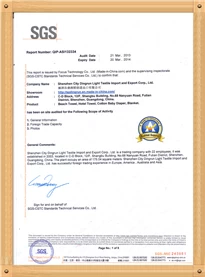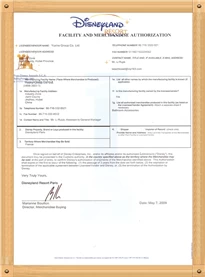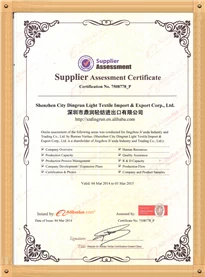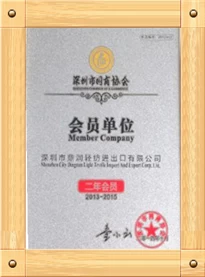Experts seek to reassure public on spike in respiratory illnesses
The recent surge in respiratory illnesses in China has not been caused by novel coronavirus mutations nor immune deficiency induced by the virus, said top Chinese health experts.
The remarks were part of the country's public health community's efforts to assuage growing public concerns over a jump in respiratory infections as temperatures drop and cold fronts sweep through northern China, which first affected mainly children but has in recent weeks spread to sicken adults alike.
Zhang Wenhong, director of the National Medical Center for Infectious Diseases in Shanghai and a respected epidemiologist whose advice helped the Chinese public through COVID-19 outbreaks, said that mycoplasma pneumoniae — a pathogen that is behind many infections lately — is totally different from the novel coronavirus that causes COVID-19.
"The difference is even bigger than that between a human being and a fly," he said on China Central Television on Sunday.
His pushback comes against unsubstantiated theories that are making waves on social media, with claims that mycoplasma pneumonia is an updated version of COVID-19 given that the two diseases share symptoms such as a sore throat, coughing, high fever and body aches.
There are also theories speculating that the damage done by COVID-19 to people's immune system is behind the latest outbreak.
Speaking on the same program, Tong Zhaohui, director of the Beijing Institute of Respiratory Diseases, said mycoplasma was discovered in the early 1900s, much earlier than the novel coronavirus.
"The two infections are totally unrelated," he said.
Tong noted that the latest mycoplasma outbreak affected mainly children because they have weaker immunity than adults.
The pair also attempted to allay worries that compromised immunity had led to an uptick in the number of patients with fever who are testing positive simultaneously for multiple pathogens, including influenza, novel coronavirus and mycoplasma pneumoniae.
Zhang, the epidemiologist in Shanghai, said testing positive for more than one pathogen need not be a cause for alarm, as it could simply be a result of more powerful testing kits.
Tong Zhaohui agreed. He said the phenomenon doesn't mean each pathogen has equally contributed to the symptoms. "Doctors will have to analyze case by case to determine which pathogen is the culprit causing people to feel sick."
The surge comes in the first full winter since China lifted the stringent coronavirus restrictions it imposed in 2020.
Last week, Chinese authorities shared data about the surge with the World Health Organization at the agency's request.
WHO experts concluded that, rather than the emergence of an unknown pathogen as people had feared, the immunity gap created by the pandemic was fueling the clusters. A dramatic reduction in the circulation of other viruses and bacteria reduced children's immunological defenses against bugs like influenza, respiratory syncytial virus and other cold-causing viruses.
In an interview with health-focused news outlet Stat, Maria van Kerkhove, acting director of the WHO's department of epidemic and pandemic preparedness and prevention, endorsed the immunity gap explanation.
"This is expected. This is what most countries dealt with a year or two ago," she said.
China towel supplier Shenzhen City Dingrun Light Textile Import and Export Corp.Ltd, a company specialized in producing baby diapers, baby bibs.
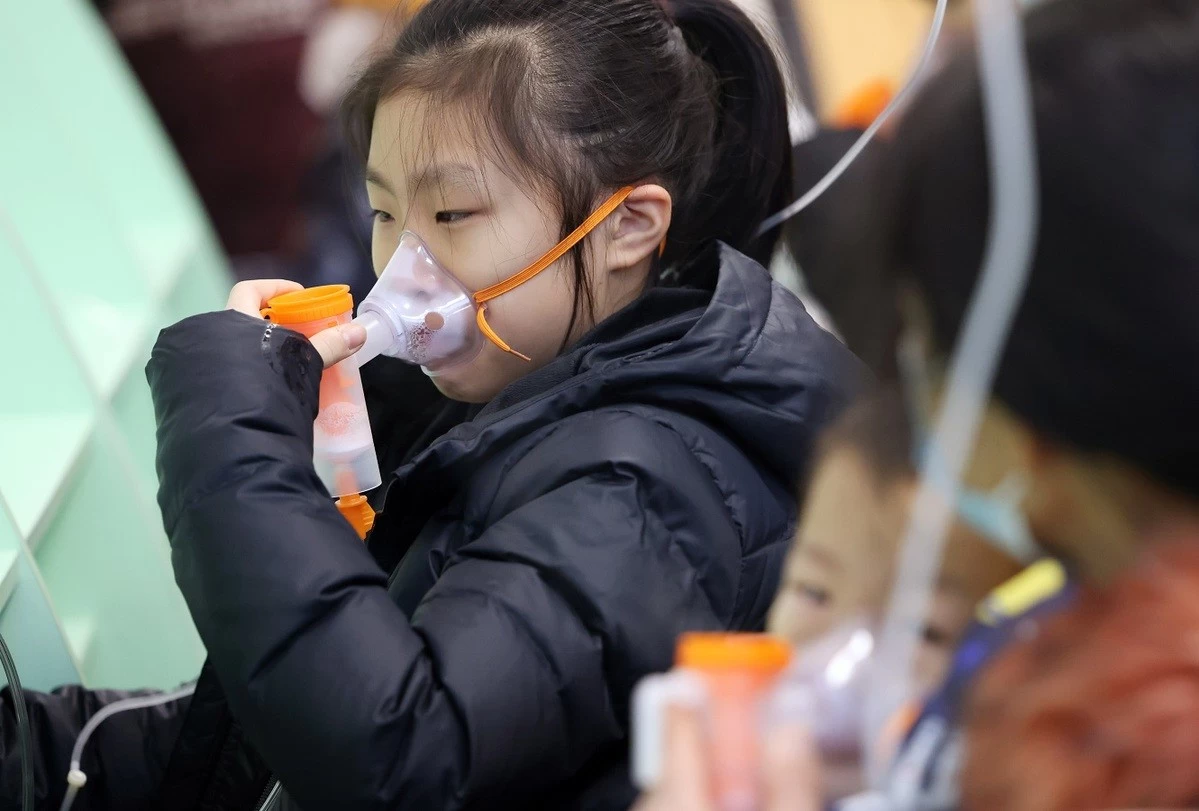
The above news was excerpted from china daily by China towel supplier Shenzhen City Dingrun Light Textile Import and Export Corp.Ltd, a company specialized in producing bath towels, tea towels, compressed towels, microfiber towels etc.












